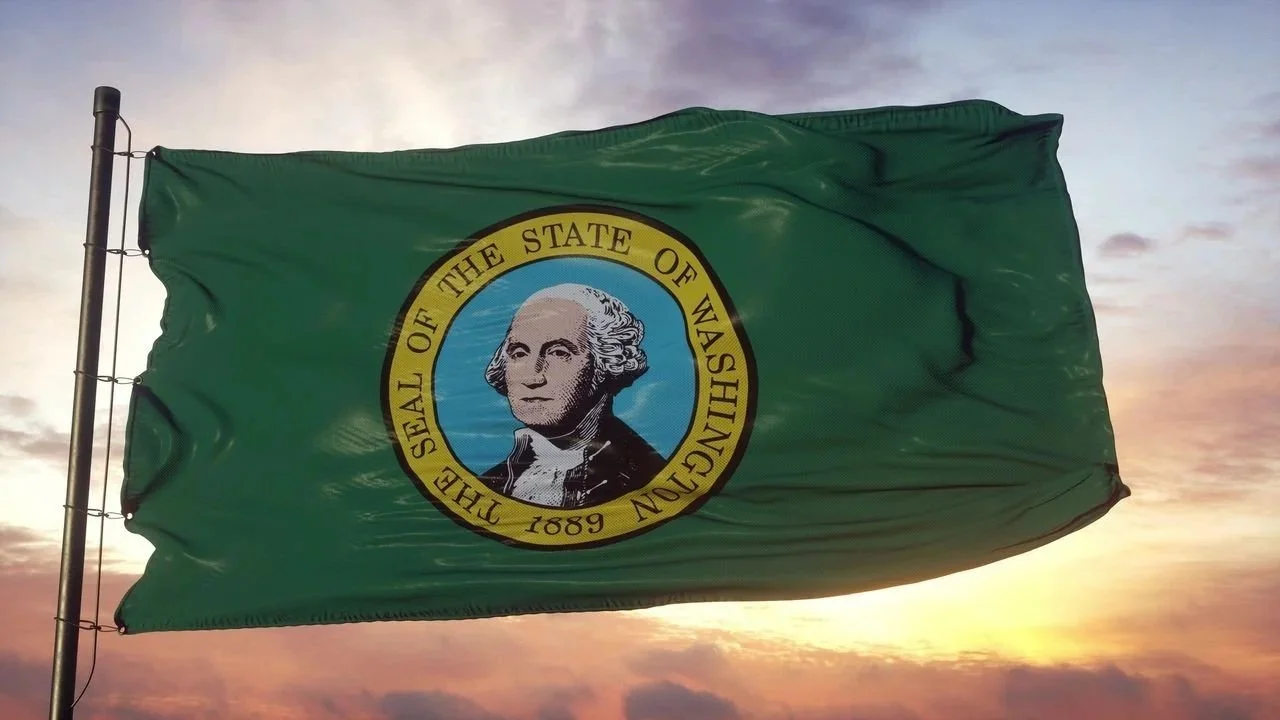How to Expunge a Juvenile Record in Washington State – A Step-by-Step Guide to a Fresh Start
Get a Clean Slate for Jobs, College, and Housing
Having a juvenile record in Washington State can feel like a wall between you and a better future. It can affect your chances of getting into college, finding a job, or even securing stable housing. But here’s the good news: Washington State gives you the power to seal or expunge your juvenile record, and with help from the attorneys at Findley & Rogers, the process is easier than you think.
We handle all the paperwork. We make it easy to understand. And most of the time, you won’t even need to go to court. Let’s put your past behind you and get your future on track.
How Juvenile Records Hold You Back
Even though juvenile records are treated differently from adult criminal records, they can still cause real problems, especially when it comes to:
College Applications
Most colleges, universities, and trade schools ask about criminal history, including juvenile offenses. A record can limit your chances of being accepted or receiving scholarships and financial aid.
Employment Opportunities
Even if a job doesn’t ask directly about juvenile records, background checks might reveal them. Employers can (and often do) deny applicants based on what they find.
Housing Restrictions
Certain offenses, especially those involving drugs or offenses committed near schools, can lead to housing denials, even from private landlords. Having a sealed record may help eliminate these barriers.
Sealing Washington State Juvenile Court Records: What You Need to Know
Washington has strong laws that support second chances. Depending on your case, your record may already be sealed, or you may need to file a petition to make it happen. It is important to know, sealing a juvenile record will not restore your firearm rights, that must be done separately.
Automatic Sealing (Certain Post-2014 Cases)
Thanks to RCW 13.50.260, Washington law now automatically seals many juvenile records when:
You turn 18
You’ve completed your sentence and any required probation
You haven’t committed any new crimes
Serious offenses are not automatically sealed and require a petition
Petition-Based Sealing (Before 2014 or Complex Cases)
If your case isn’t automatically sealed, you may still qualify by petitioning the court. Findley & Rogers can guide you every step of the way.
You may qualify if:
You’re at least 18 years old
You’ve completed all sentencing requirements
You have no pending charges
Mandatory Waiting Period
2 years for most cases
5 years for Class A felonies
Even serious juvenile convictions can be sealed, something that adult criminal records don’t allow. This is a unique second chance that Washington State offers young people.
Can Anyone Still See My Sealed Record?
Once sealed, your Washington state juvenile court record is generally inaccessible to the public, including employers, landlords, and most schools.
However:
Some agencies (like law enforcement or courts) may still view sealed records for legal reasons.
Sealed records are not always removed from FBI databases, which means they could still appear in certain federal background checks.
Why You Should Still Seal Your Record - Even If You're Over 21
Under Washington’s Fair Credit Reporting Act (RCW 19.182.040), credit agencies can’t report juvenile convictions after you turn 21. But this law only covers credit reporting, not employment or rental applications. So if you’re applying for a job or apartment, your juvenile record could still show up, unless it's sealed.
That’s why sealing your record is the most complete and effective step.
Know Your Rights as a Student with a Juvenile Record
Even if you have a juvenile record:
FERPA (Family Educational Rights and Privacy Act) protects your school records. Schools cannot share juvenile records without your permission.
You have the right to see your records and challenge any inaccuracies.
Advocacy groups like the Juvenile Law Center and the Gault Center provide resources for students navigating education with a juvenile record. But working with a local Washington attorney like Findley & Rogers gives you the most direct and effective help.
Should You Restore Your Firearm Rights First?
Yes. If you’re eligible, it’s smart to restore your gun rights before sealing your record. At Findley & Rogers, we can help with both.
You may qualify for firearm rights restoration if:
You’ve served your sentence
You’ve stayed conviction-free for the required time
Your offense isn’t a Class A felony or sex/violent crime
Waiting periods:
3 years for domestic violence misdemeanors
5 years for felonies
10 years for prior Class B felonies, counting on your score
Why Don’t More People Seal Their Records?
Washington’s laws are supportive. A 2013 study found that of the 28,922 people eligible to seal their juvenile records in the State, only 7.5% have fully sealed all their eligible records. This has not changed much in the years since.
Why?
They don’t know the option exists
They think it’s automatic
They’re intimidated by the legal process
You’re not alone, and you don’t have to do it alone. We’ve helped hundreds of Washington residents seal their juvenile court records and reclaim their future.
What Happens When You Hire Findley & Rogers?
Here’s what we do:
Review your case during a free consultation
Confirm if you qualify for automatic sealing or petition-based sealing
Handle all court paperwork
Represent you (so you likely won’t need to appear in court)
Guide you through restoring your rights if needed
Real Client Story
“Findley and Rogers did an amazing job helping me get my rights restored and sealing my juvenile record. The best part is I didn’t even have to meet them in person. They are amazing at explaining the process so it makes sense. At one time, I wrote an email to see where we were at in the process, and they were speedy on the response. Strongly recommend hiring them to make a stressful situation put to rest. Thank you for helping me!” – Jeremiah
Frequently Asked Questions
What’s the difference between sealing and expungement?
In Washington, these terms are often used interchangeably for juvenile records, but technically:
Sealing makes the record inaccessible to the public and most agencies.
Expungement (rarely used in WA for juvenile cases) means destruction of the record.
Can I seal multiple offenses?
Yes. If you meet the eligibility requirements for each offense, you can petition to seal multiple juvenile cases, even from different counties.
What if I don’t remember my exact conviction?
Findley & Rogers can help you obtain your full juvenile criminal history and review your eligibility step-by-step.
What does it cost?
We offer flat-rate pricing, so there are no surprises. Plus, the initial consultation is completely free.
Final Checklist: Am I Eligible to Seal My Washington Juvenile Record?
__ I’m over 18
__ I’ve completed my sentence and probation
__ I’ve repaid restitution (or I’m only behind to an insurance company)
__ I haven’t had new criminal charges
__ My conviction isn’t for 1st/2nd degree rape or certain forcible sex crimes
__ I’ve waited at least 2 years (or 5 years for a Class A felony)
If you checked most of these boxes, you may be eligible, and we can confirm that during your free consultation.
Take Back Your Power. Start Fresh Today.
You don’t have to let a mistake from your youth hold you back anymore. Whether your conviction was for trespassing, a drug offense, or something more serious, we’re here to help you seal your juvenile record in Washington State and move forward. Let Findley & Rogers make this process easy for you, so you can focus on the next chapter of your life.
Get started now with a free consultation.













